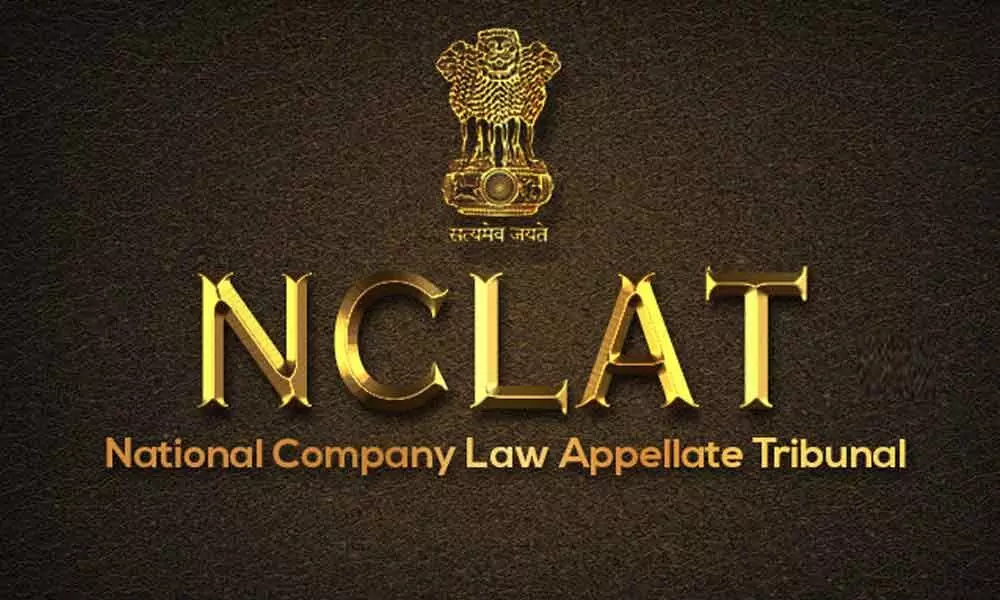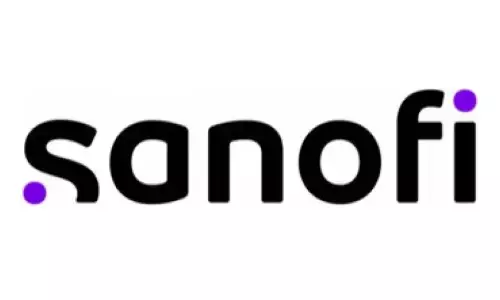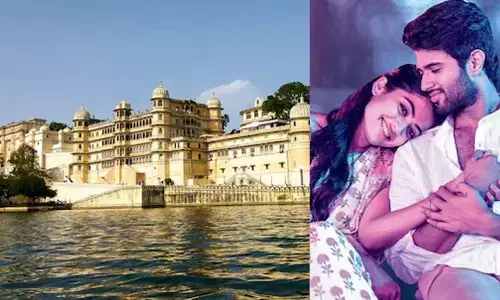NCLAT sets aside NCLT resolution for Deccan Chronicle

Appellate Tribunal observes ‘discrimination’ in the allocation of funds among creditors
New Delhi: The National Company Law Appellate Tribunal (NCLAT) has set aside the approval of the resolution plan of Vision India Fund-SREI Multiple Asset Investment Trust, for debt-ridden media house Deccan Chronicle Holdings Ltd observing 'discrimination' in the allocation of funds among the creditors.
A two-member Bench said the order of the Hyderabad Bench of the National Company Law Tribunal (NCLT) on June 3, 2019, approving the bid was "not sustainable in law" and remitted the matter back to the Committee of Creditors (CoC) of Deccan Chronicle Holdings Ltd (DCHL).
The appellate tribunal has directed the CoC "to distribute the resolution amount in conformity" with the provisions of the IBBI (Insolvency Resolution Process for Corporate Persons) Regulations, 2016.
"We are of the view that there is discrimination in allocation of resolution fund. Thus, the approval of resolution plan by the CoC and subsequently approval of resolution plan by the Adjudicating Authority (NCLT) vide order dated June 3, 2019 is not sustainable in law," the NCLAT said.
The NCLAT direction came over the petitions filed by IDBI Bank. It had approached the appellate tribunal requesting to declare the Trust Vision India Fund - Srei Multiple Asset Investment Resolution Plan as "discriminatory and contrary to the Code" and applicable law.
As per the plan, an upfront cash of Rs350 crore was offered to the financial creditors. The total admitted claims of 37 financial creditors of DCHL was Rs8,180 crore.
Insolvency proceedings against Deccan Chronicle Holdings Ltd were initiated by the NCLT after admitting the plea of Canara Bank.
In its 12th CoC meeting held on June 14, 2018, SREI Multiple Asset Investment Trust was declared as the highest bidder, however, this was opposed by IDBI Bank on the grounds that the settlement offered to them against their claims was unacceptable.
According to IDBI bank, it was less than its pro-rata entitlement and opposed classifying of financial creditors and it should be treated at par with others.
The CoC had earlier rejected the first resolution plan by SREI, following which it submitted the second plan, which was subsequently approved.
In the first resolution plan of May 12, 2018, IDBI Bank was offered an upfront cash settlement of Rs 50 crore, however, it was reduced to Rs 13.4 crores in the subsequent resolution plan dated December 11, 2018.
In December 11, 2018, resolution plan, financial creditors were classified in two categories, based on the security held by the creditors.
In the said resolution plan, an upfront cash amount of Rs 350 crore was offered to the financial Creditors of DCHL.
According to IDBI, Canara Bank having 10.11 per cent pro-rata share in the total admitted claims was 34.96 per cent pro-rata share in total resolution amount. On the other hand, IDBI Bank, which has 6.71 per cent of the admitted claims is being paid only 3.92 per cent of the total resolution amounts.
IDBI Bank's total admitted claims were Rs 549.08 crore.
The issue was raised by IDBI Bank before the NCLT, which held that grouping of Financial Creditors does not amount to any discrimination.
Following this IDBI Bank moved to NCLAT, which held that it is settled law, the resolution plan cannot discriminate between two sets of creditors similarly situated.
The appellate tribunal said the criteria of categorisation of the financial creditor in the resolution plan was not based on "sound principal".
"The Appellant has an exclusive security/charge over the trademarks of the corporate debtor. The Resolution plan is discriminate between two Financial Creditors who are similarly situated. In such a situation the Appellant can question the Resolution plan even it is approved by the CoC," said NCLAT comprising Justice Jarat Kumar Jain and Ashok Kumar Mishra.
Moreover, as IDBI Bank was dissenting financial creditor, it should have been paid in priority over the financial creditor who voted in favour of the resolution plan.
"The Respondents are unable to convince us that on pro-rata basis why the Canara Bank is getting more amount in comparison to the Appellant (IDBI).









